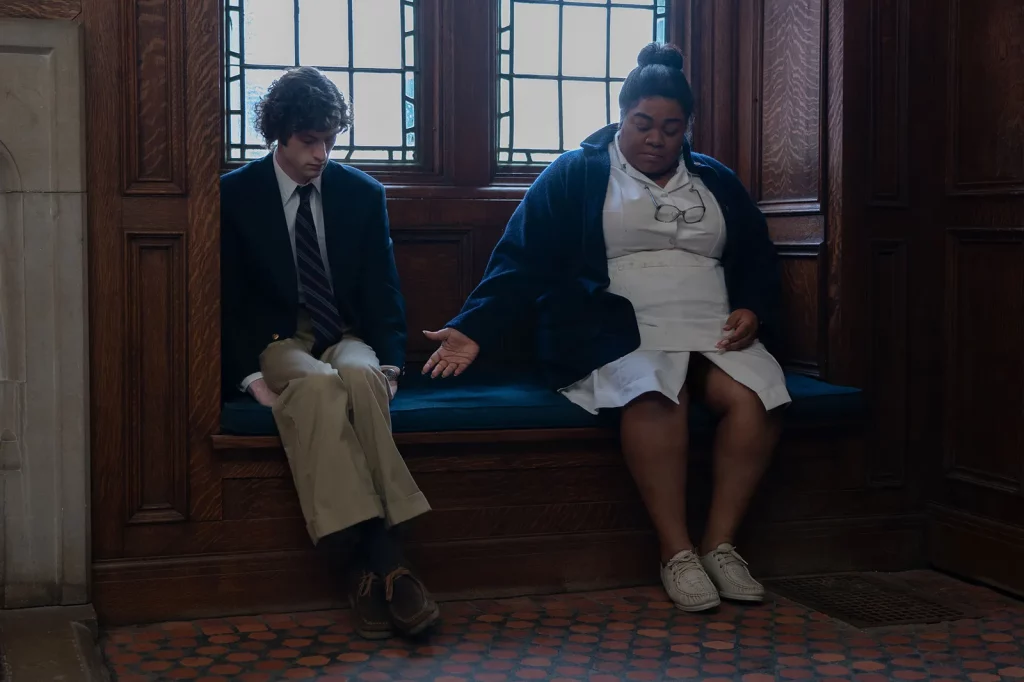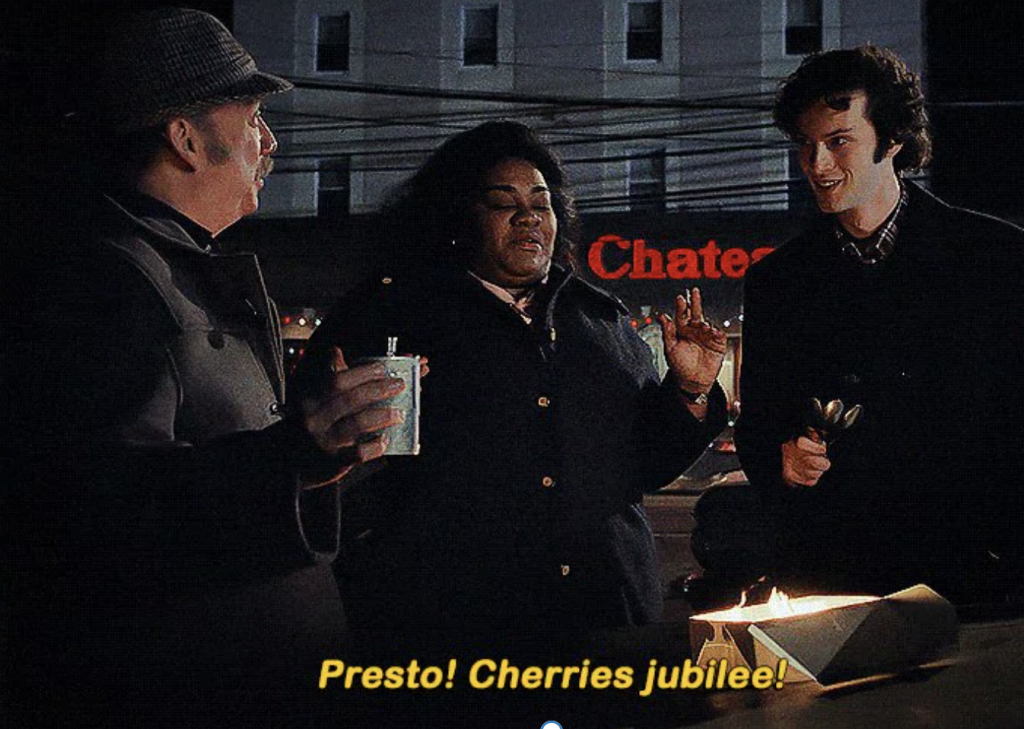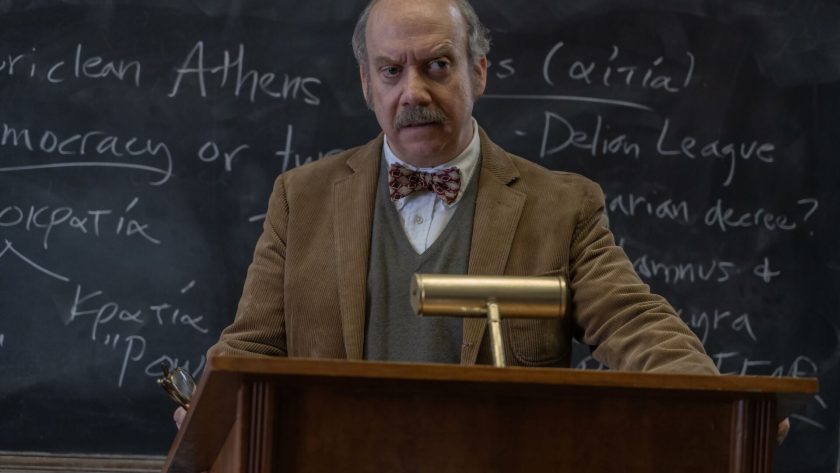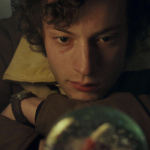A chill in the wind. The tentative turning of a leaf. The sudden urge to hold onto a warm cup of something in your gloved hands. The signs are unmistakable—Autumn is here, and with it, the start of the new academic year. New pencils, new faces, and new lessons to be learnt. How better to learn than through film? In honour of back-to-school season, I thought it fitting to revisit the lesson I learnt watching a favourite film from last year: Alexander Payne’s The Holdovers (2023).

Lessons is the crucial word when discussing The Holdovers. Screenwriter David Hemingson’s premise predicates explicit didacticism in its New England boarding school setting, where we join classics teacher Mr Hunham (Paul Giamatti), head cook Mary Lamb (Da’Vine Joy Randolph in an Oscar-winning turn) and lone student Angus Tully (Dominic Sessa) as they ‘hold over’ for the holidays. The film begs parallels to Peter Weir’s Dead Poets Society (1989), not least in its constant stream of nostalgia-inducing school grounds shots for which we have cinematographer Eigil Bryd and colorist Joe Gawler to thank. [1] Certainly, this is a film which would also find itself in the favour of the dark academics.
But Mr Hunham is no Mr Keating. He is crotchety, curmudgeonly & other fun c-words, and thank God for that. For a man so devoted to knowledge (albeit of the classical kind) he has as much, if not more, to learn from Angus and Mary than they might benefit from him. The result is a dish which manages to evoke the warmth and comfort of a Christmas dinner without shying away from life’s harsher notes.
Paul Hunham: I find the world to be a complicated and bitter place, and it seems to feel the same way about me. I think you and I have this in common.
The truth is that the world can be a ‘complicated and bitter place.’ It is a world which is unfair, which takes children away from their parents, and parents away from their children. These characters are sad and lonely, and most of the time they have the right to be. The Holdovers does not deny this truth, rather demonstrates that alongside it, love will always exist.

The film flirts with romantic love—Paul, Mary, and Angus all experience it in some fragile form–but mostly to a comic effect. It provides an opportunity for excellent lines like, ‘Listen, you hormonal vulgarian, that woman deserves your respect, not your erotic speculation,’ and wonderfully awkward moments:
Elise: Are you trying to look down my shirt?
Angus Tully: [laughing nervously] Noooo…yes.
At one point, the camera lingers on Angus talking to two girls at the bowling alley. When he makes a break from Mr Hunham, the audience is inclined to believe, like the teacher, that his motivation is romantic. But the reality is characteristically more melancholic.
Really, love in The Holdovers exists in a handshake. In a blank notebook. In a flaming plate of cherries jubilee on the back of a Dodge Coronet. It exists in the laughter between sisters, in the time taken to listen and to explain to one another, in lies and in the breaking of rules. It exists in the invitation of a lonely colleague to a Christmas party, in the sharing of cookies and stories, heartbreaks and hopes, in the belief that we might actually achieve our half-dreams, and in a ‘See ya.’ Love exists in grief. It is quiet, not always enough to save a job, let alone a life, but it is always there. That is the lesson of The Holdovers. That is always the lesson.

As we go forth into the start of the new school year, notebooks and hearts in hand, it is one we might do well to hold onto.
[1] Many fascinating articles have been written about the technical means by which the film achieves its retro feel. For those interested, I recommend these articles from Filmmaker Magazine and The New York Times.




